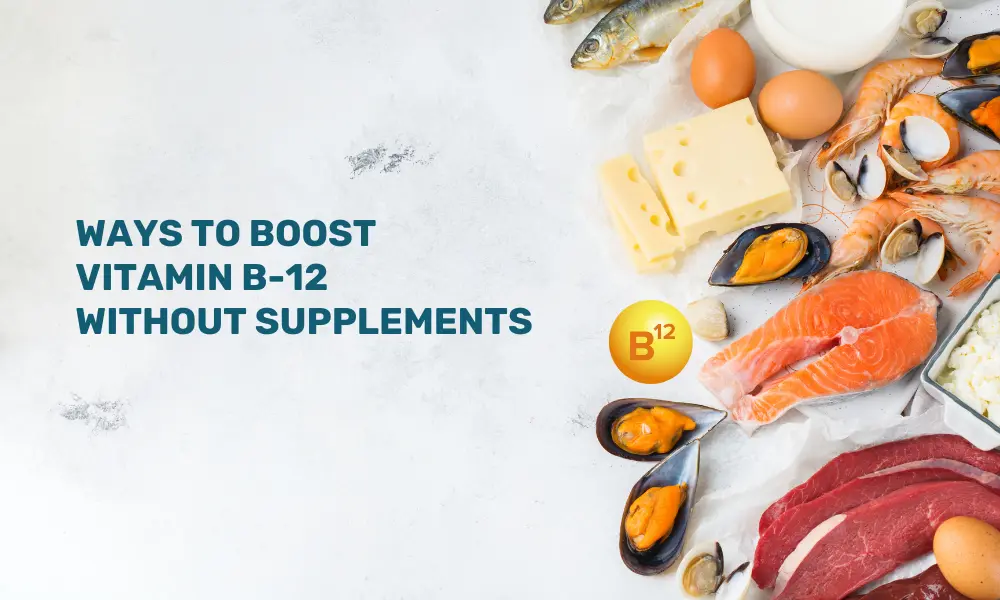The thyroid is a butterfly-shaped gland that is responsible for controlling the speed of metabolism. It can slow it down or just increase the rate depending on the production of the thyroid hormones. When the thyroid gland does not produce enough hormones, it may lead to a condition called hypothyroidism. The symptoms can be very covert in the early stage. However, it may make the body vulnerable to other health issues like heart problems, high cholesterol, BP, etc. Some of the health conditions that the thyroid may trigger include:
- Fatigue
- Weight gain
- Constipation
- Menstrual changes
- Aches
- Cold intolerance
- Hoarse voice
- Depression
- Slow pulse
Managing this condition requires significant lifestyle changes and medication. However, certain nutrients should be incorporated into everyday diets for people with thyroid conditions. While iodine is at the top of the list, it is not the only micronutrient affecting the thyroid gland. Here are some of the most essential nutrients for thyroid health:
Hypothyroidism: 5 Essential Nutrients for Thyroid
- Iodine: Iodine is critical for thyroid function. It plays a crucial role in the production of thyroid hormone. Triiodothyronine (T3) and thyroxine (T4) are thyroid hormones that contain iodine, and iodine deficiency causes thyroid disease.
- Selenium: Selenium is a mineral needed for thyroid hormone production and helps protect the thyroid from possible damage caused by oxidative stress.
- Vitamin D: Hashimoto thyroiditis and Grave’s disease are associated with lower Vitamin D levels.
- Iron: The thyroid requires iron to convert T4 into T3, which is considered the active form of thyroid hormone, and Iron deficiency is associated with thyroid dysfunction.
- Zinc: This mineral is required for thyroid hormone production. It is also responsible for maintaining proper serum levels of T3, T4, and thyroid-stimulating hormone, also known as TSH.
Other nutrients, including vitamins A, B, E, and copper, are required for optimal thyroid function. Being deficient in one or more of these nutrients can negatively affect thyroid health and increase your risk of thyroid disease.
To ensure good thyroid health, it is essential to include these five important nutrients and undertake thyroid checks on a regular basis, along with maintaining an active lifestyle.
FAQ on Hypothyroidism
How does hypothyroidism affect your life?
Hypothyroidism, also called an underactive thyroid, can slow down our metabolism. It can make an individual feel tired and cause weight gain.
What is the best way to manage hypothyroidism?
Treatment for hypothyroidism usually includes taking an oral thyroid hormone medicine, levothyroxine, every day.
How to reduce TSH levels by food?
Selenium has antioxidant properties that contribute to the synthesis of thyroid hormones. Foods that contain Selenium are chicken, Tuna, Oatmeal, Brown rice, and Eggs. It is naturally found in thyroid tissue.
Is milk good for TSH?
Dairy products like cheese, milk, and yogurt benefit the thyroid because they are high in iodine, which is essential for proper thyroid functioning.
Which food is best for the thyroid?
Eat beans, pulses, fish, eggs, meat, and other protein. Choose unsaturated oils and spreads and consume them in small amounts. Further, drink plenty of fluids (at least 6 to 8 glasses a day), avoid processed foods, and reduce sugar intake.





